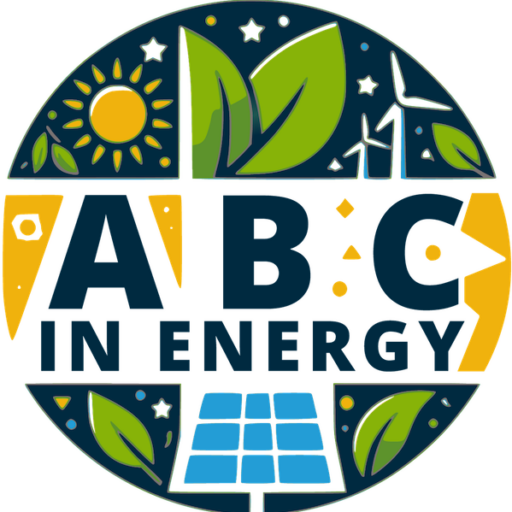Energy sufficiency is a key concept in addressing the climate crisis, focusing on reducing energy demand through behavioral and systemic changes. The ABCinENERGY project builds on this idea, recognizing that Higher Education Institutions (HEIs) can play an important role in turning energy strategies into real actions.
In the 1970s, the oil crises led to energy conservation measures, such as fuel rationing and energy consumption limits. In the 1980s, the focus shifted to energy efficiency, supporting economic growth with technology improvements like better insulation and more fuel-efficient cars. By the 2000s, concerns about climate change prompted a reevaluation of energy efficiency due to the “rebound” effect, where savings led to increased consumption. In the 2010s, Europe renewed interest in energy sufficiency, advocating for lifestyle changes rather than just technological advancements. Today, energy sufficiency is linked to the “degrowth” concept, focusing on quality of life over growth, with experiments in cities like Roubaix and Leipzig. Governments are expected to increasingly support systemic changes, including public transport, reduced air travel, local production, and energy-efficient housing.
The evolution of energy policies over the decades closely aligns with the goals of the ABCinENERGY project. This initiative seeks to drive behavioral change within HEIs by empowering students, staff, and management to embrace sustainable energy consumption practices. The project aims to develop tools that measure and influence energy use, supporting the shift towards energy sufficiency and long-term sustainability. By combining digital solutions with active community engagement, ABCinENERGY fosters a broader transition to systems that prioritize sustainability and quality of life over limitless growth.

